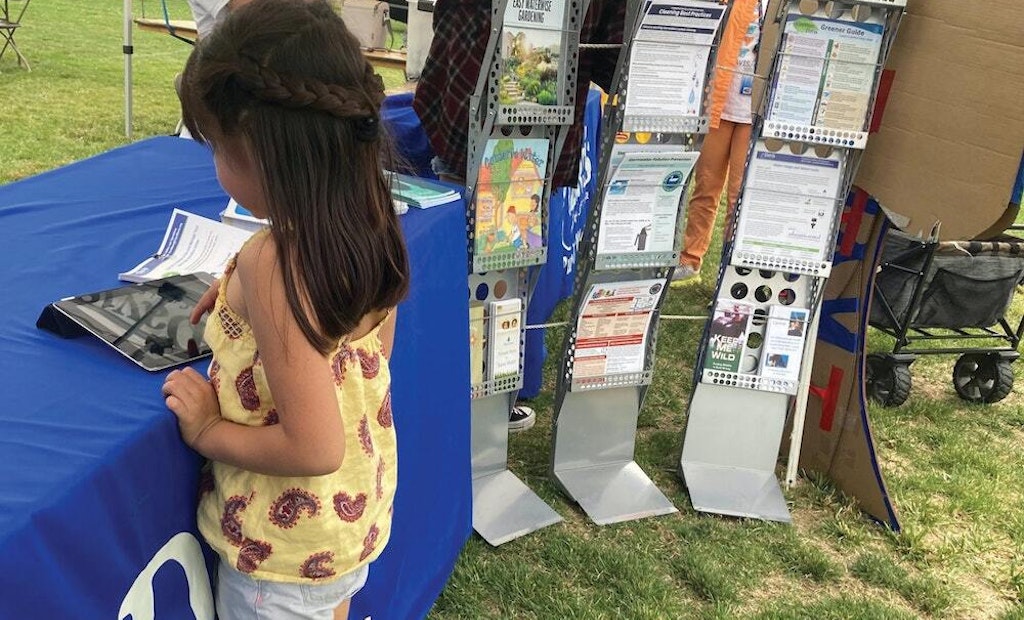A severe drought in 2015 led the California city of Davis to educate the public on how to help conserve water.
The city engaged an environmental consultant to help brainstorm ideas. The result is an interactive online video game designed to engage students and ultimately...






